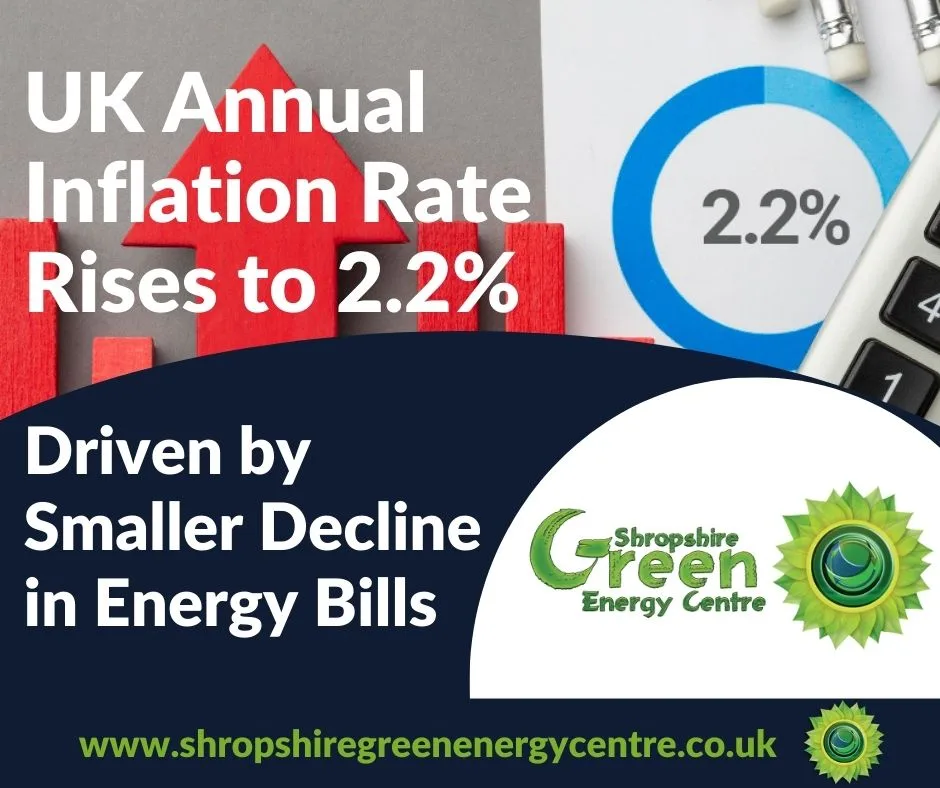
The UK saw a rise in the annual inflation rate to 2.2% last month, largely attributed to the smaller decline in domestic energy bills compared to the previous year, marking this the first increase since December 2023. Despite the current inflation still being lower than the peaks experienced in 2022 and 2023, there are concerns about the pace at which the Bank of England is addressing interest rates. Economists noted that while domestic energy costs fell, the decrease was less significant than a year prior, contributing to the overall increase in inflation.
Key Points
• The annual inflation rate in the UK rose to 2.2% last month, indicating a slight upward trend.
• This increase marks the first rise in inflation since December of the previous year.
• Domestic energy bills saw a smaller decrease than in July 2023, contributing to inflation pressures.
• Inflation rates remain lower compared to the significant highs of 2022 and 2023.
• Grant Fitzner, Chief Economist at ONS, noted that energy costs fell less dramatically than the prior year.
• Economists suggest the Bank of England has been sluggish in reducing interest rates in light of the latest figures.
• Core Consumer Price Index (CPI) fell from 3.5% to 3.3%, highlighting some easing in underlying inflation pressures.
#UKInflation #EnergyCosts #BankOfEngland #EconomicTrends #InflationRates #ShropshireGreenEnergyCentre








